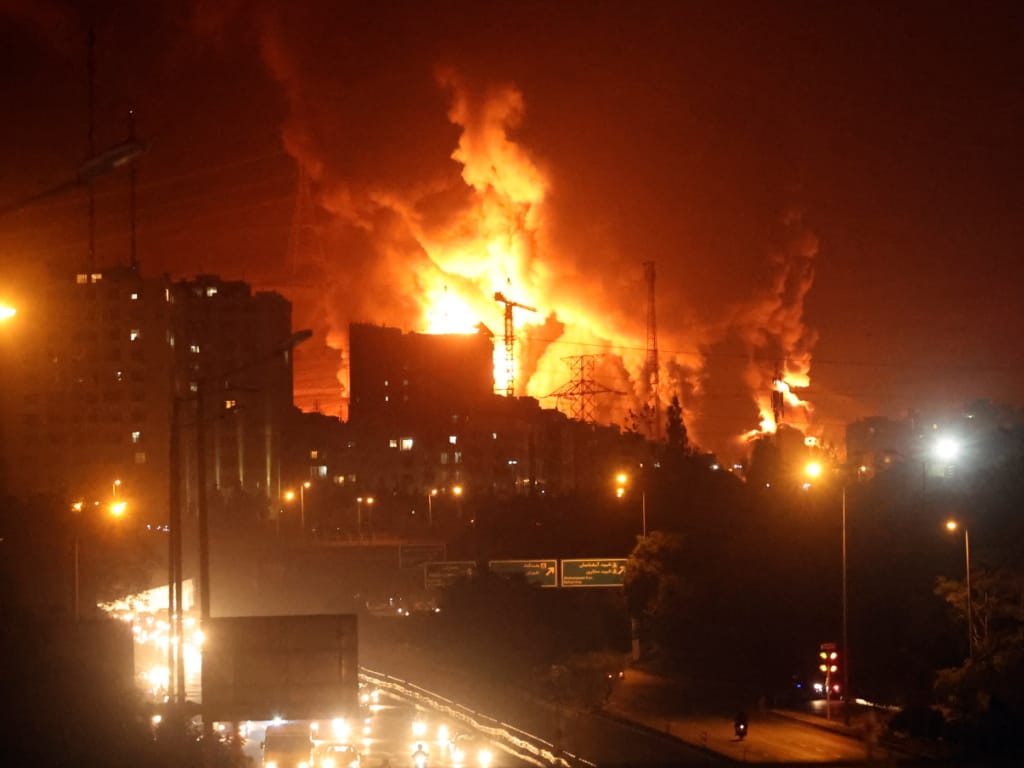"Rising Lion": Has Israel's Strike on Iran Shattered the Shadow War?

A recent strike attributed to Israel has sent shockwaves through the Middle East, raising serious questions about regional stability and potentially ushering in a new era of direct confrontation. While nations like Russia and China are decrying the attack as an "unacceptable violation of sovereignty," Turkey has condemned "Israeli banditry." The implications of this operation, dubbed "Rising Lion," are far-reaching, particularly given the significant strategic losses suffered by Iran.
The strike resulted in the deaths of several high-ranking Iranian officials, including Hossein Salami, commander of the Islamic Revolutionary Guard Corps (IRGC). Salami, who had previously served as the deputy to the slain Qasem Soleimani, had threatened to "open the gates of hell" against Israel just days before his demise. Adding to the severity, Mohammad Bagheri, the Chief of Staff of the Iranian Armed Forces, and his deputy were also reportedly eliminated. Furthermore, the attack allegedly targeted and killed six Iranian nuclear scientists, including Fereydoon Abbasi, former head of the Atomic Energy Organization, and Abdulhamid Minouchehr, in separate incidents in Natanz and Tehran.
This unprecedented escalation is the culmination of a 46-year rivalry that began after the 1979 Islamic Revolution. The relationship, initially marked by severed ties and Iranian support for groups like Hezbollah and Hamas (1979-2000), evolved into a "shadow war" throughout the 2000s, characterized by cyberattacks like Stuxnet and targeted assassinations of scientists.
The years between 2023 and 2025 have witnessed a dramatic intensification of hostilities. The Hamas offensive of October 7th, 2023, and the subsequent Gaza war accelerated the trajectory towards direct confrontation, culminating in a series of escalating exchanges and finally, the execution of "Rising Lion" in June 2024.
Israel's animosity towards the Iranian regime has long been a cornerstone of its regional policy. It views Iran's nuclear ambitions and support for proxy groups as existential threats. Operation "Rising Lion," however, marks a significant departure from the clandestine nature of the previous decades.
In conclusion, "Rising Lion" could represent the definitive end of a 46-year shadow war and the beginning of a new, and potentially catastrophic, phase of direct conflict. The consequences of this shift are unpredictable and could have devastating implications for a region already grappling with instability and exhaustion. The operation serves as a stark reminder of the dangerous allure of perceived control in a high-stakes game, where the price of miscalculation could be regional chaos.

